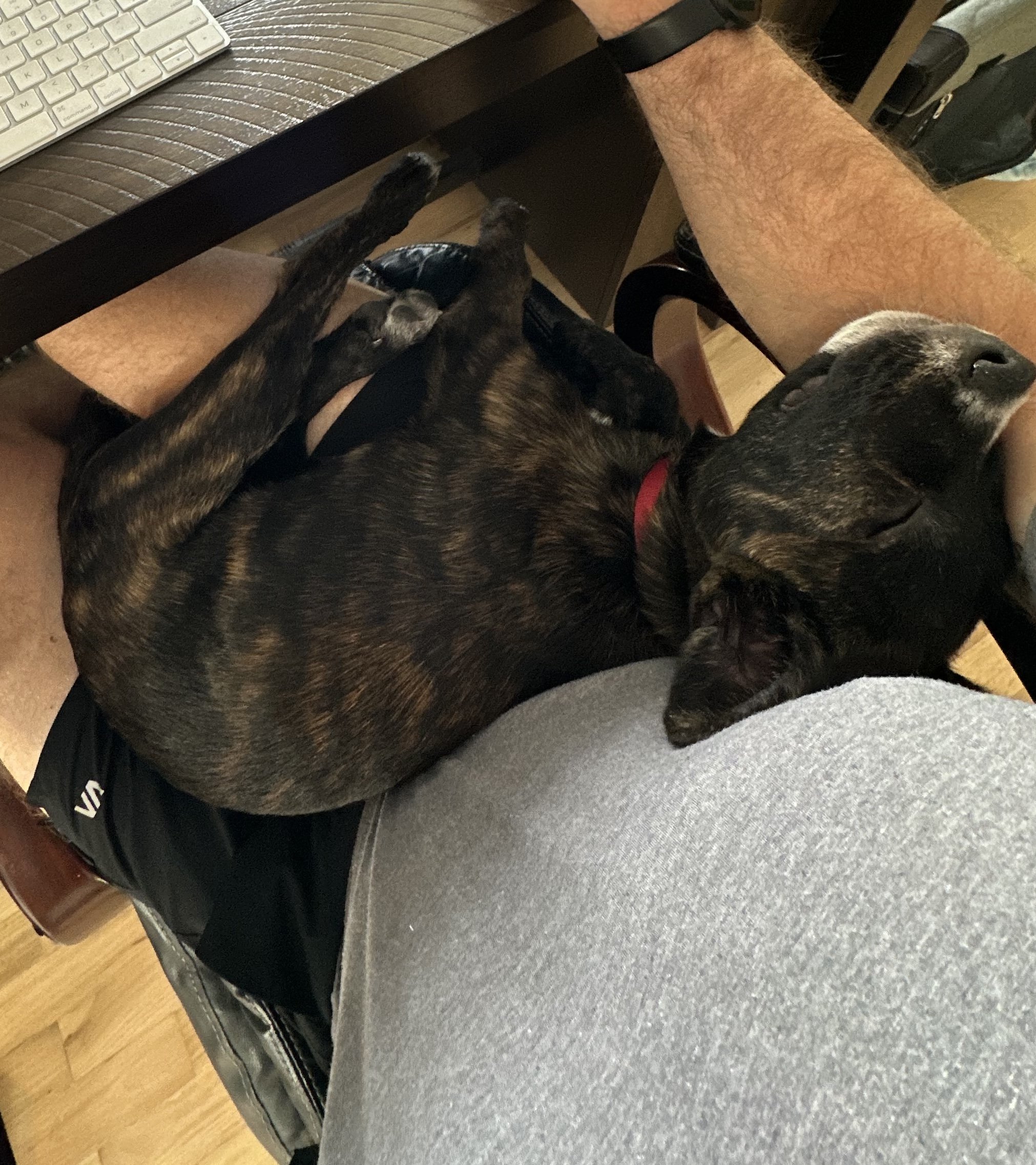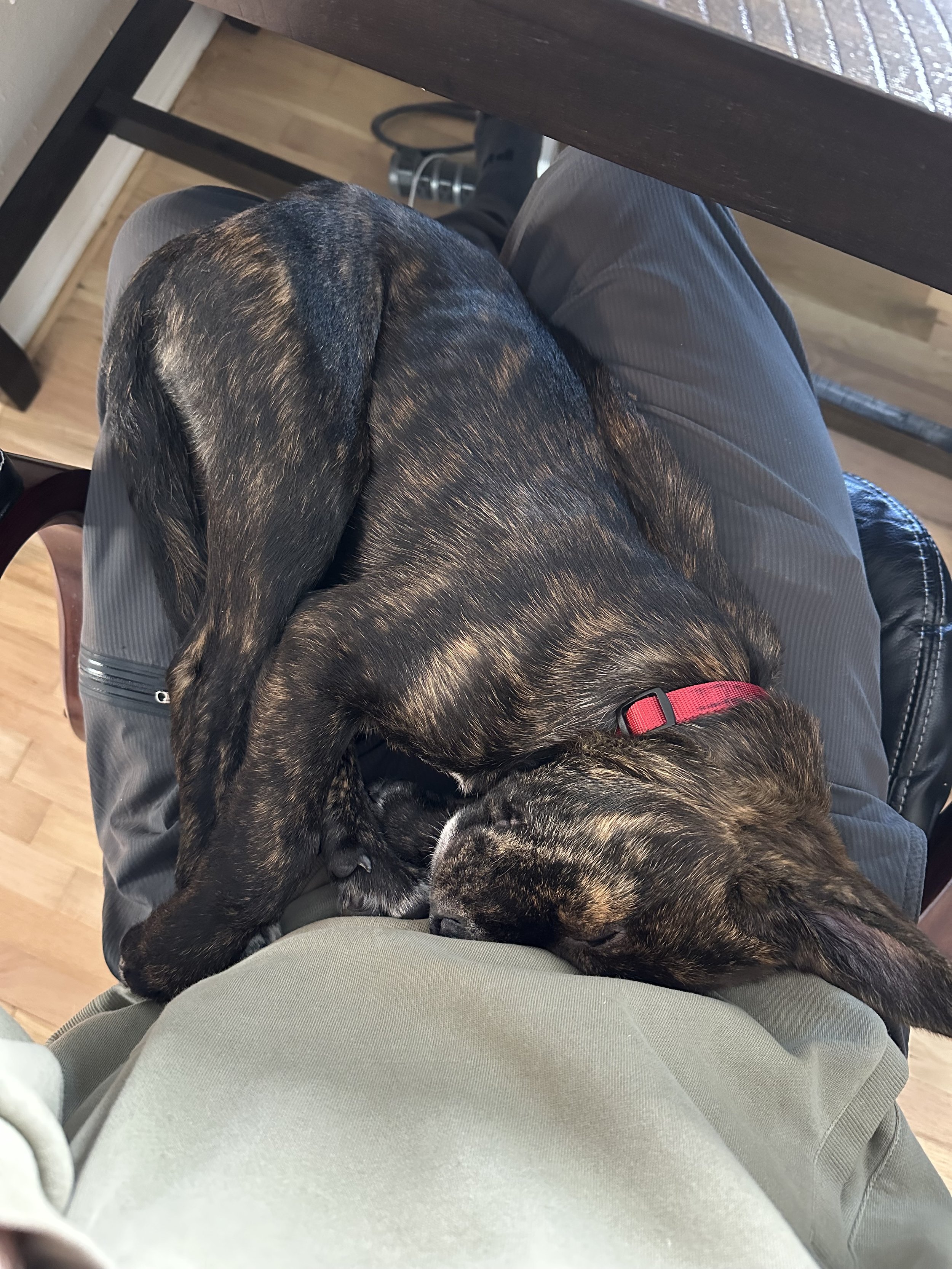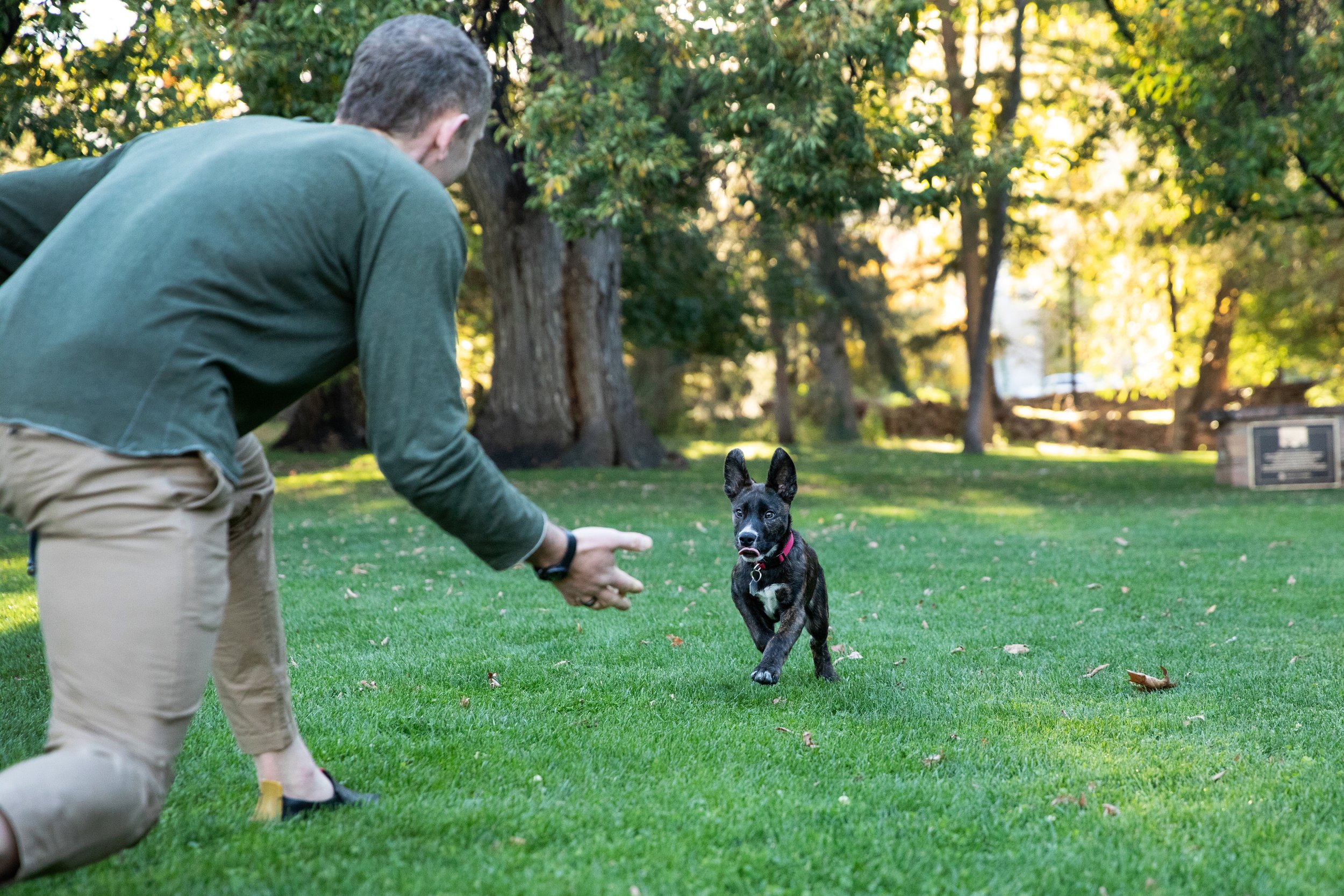Practicing Your Words is the Key to Your Next Unlock
We all speak.
We rely on words,
And yet take them for granted.
Talking is just something we do,
Like breathing or walking.
And like inspiration and ambulation,
We don’t practice.
Despite the clarity inside your mind, you often fail to express that clarity upon opening your mouth, and it’s so frustrating. You intend to speak and act a certain way, and after the conversation, you realize you never expressed those intentions, and you wind up apologizing and confused. How can you have such visceral clarity and the inability to express it?
(Because no one taught it to you as a child—or adult.)
We have such strong sensations and emotions, and when we try to identify them, they squirrel away as if they’re afraid of being defined. You don’t know which words belong to which sensations, and silence ensues.
As a coach or practitioner, you often know what you want your athlete to do, and yet when it comes time to instruct, you speak and she freezes. Unsure of what your words mean, she repeats what she always does, and round and round you two go.
How can such a frequent and familiar failure (in so many domains!) rarely get us to practice our words?
How can we have such a vivid inner life and fail so miserably at understanding and expressing it?
When we fail to wield words skillfully, our inner happenings remain imprisoned. The right words are their only escape.
You only find the right words by searching for them on a blank page or empty mind. You already have the sensation, which is wordless, then you search for the right term that clicks into place, “Ah, yes. It’s not anger but ire.”
Practice Your Words
The life you want requires well-spoken words: The job application and interview are verbal processes. How you use words on the job may be the difference between a promotion and a severance package. Leading your team requires a nuanced understanding of language and listening. Asking for the phone number of the boy with the green eyes requires confidence, a product of self-talk, and not stumbling over your words (too much). So, practice.
Be aware of the words in your mind as they queue up to exit your mouth. Pluck out the ones that don’t deserve escape.
Listen for the accuracy of others and ask clarifying questions, “You said you’re nervous, but you’re marching ahead with action. Are you really that nervous? Tell me more?”
Journal. Return to your blog you abandoned, not for your readers but for you. Write about your daughter. Capture the moments of her youth while you still have them. Can you describe the exact timbre of her laugh and how it’s changed from three to four years old?
Or write a dystopian sci-fi novel where cows plot to kill humans with all their farts so they could be the ones to first step hoof on Mars. (In this story, Elon is a cow.)
(Okay, maybe in real life, too.)
Write precisely how cute and floppy your puppy's ears are when he chases you in the yard, and when he catches you, his left ear flops over while his right stands at attention. Portray his umber and tawny brindle glinting off the sunset and the adorable proportions of his youthful face. He’d rather nip at your heels and gnaw on your thumbs than dine on a vat of peanut butter.
Or tell me how you’re all too aware that someday, this adorable ten-week-old pitbull shepherd mix, whom you love more than you imagined and have had for less than a week, will die.
And how that’s making you so much more present in each moment with him now, as he sleeps in my lap as I write these words. Some day, all I will have of him are pictures, memories, and words, and I wish I were a better writer now so I could bring him back then, reanimating him to my heavy heart and hopeful imagination.
I’m not crying; you’re crying.
Anyway—
See what words can do?
What you write matters less than regularly putting pen to paper or fingers on keys. Then, vitally, re-read your writing, asking yourself if it aligns with your feelings and intentions. No need to write an essay. See if you can get one accurate sentence or paragraph. Start small, stay consistent.
I have an entire chapter dedicated to communication skills in my forthcoming book. Go sign up for it’s release.
I can finally announce that it’s coming out in February 2024.
Three IG Accounts I like for word stuff:
@commandzcontent (the editor of my book who puts out awesome content for writers on her new IG. Give her new account a boost and follow her.)
@jessjanz (A great writer who also shells out curious writing prompts)
@the.language.nerds (fun with words)
Writing Resources I’ve loved:
On Writing Well: The Classic Guide to Writing Nonfiction by William Zinsser
Several Short Sentences about Writing by Verlyn Klinkenborg
I prefer www.relatedwords.org over a thesaurus








